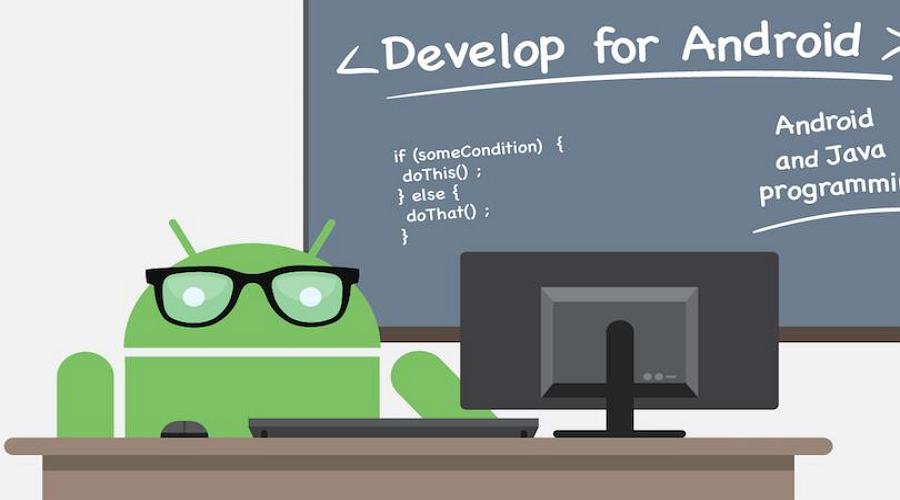10 Beginner's Guide to Android Developer
Starting as a beginner in Android development is an exciting journey! Here's a roadmap to guide you through the basics and beyond:

1. Learn the Basics of Java or Kotlin
Android apps can be developed in Java or Kotlin. Kotlin is now preferred by Google for Android development. Start by learning the syntax and basic programming concepts of Kotlin or Java.
2. Understand Android Studio
Download and install Android Studio. It's the official IDE for Android development. Familiarize yourself with its interface, the project structure, and how to run your first app on an emulator or a real device.
3. Dive Into Android Basics
Explore the fundamental components of Android apps, such as Activities, Fragments, Intents, and Services. Learn how to design user interfaces with XML and manage app resources.
4. Practice Building Simple Apps
Start building simple apps to apply what you've learned. Projects like a "Hello World" app, a calculator, or a to-do list app can be great starting points.
5. Understand Android App Lifecycle
Learn how Android manages apps and their processes. Understanding the lifecycle of activities and fragments is crucial for building efficient and user-friendly apps.
6. Explore More Advanced Topics
Once you're comfortable with the basics, delve into more advanced topics such as networking, data storage (SQLite, Room), background processing, and material design principles.
7. Join the Community
Engage with the Android development community. Sites like Stack Overflow, GitHub, and Reddit can be great places to ask questions, share your projects, and learn from others.
8. Keep Building
The best way to learn is by doing. Keep challenging yourself with new projects. Try to incorporate different features and APIs to improve your skills.
9. Stay Updated
Android development is always evolving. Follow Android developers' blogs, Google's Android Developers Blog, and attend conferences or meetups if possible, to stay up-to-date with the latest trends and practices.
10. Review and Iterate
Always revisit your code and designs. Look for ways to improve them. Learning from your own experiences and feedback from others is key to growth.